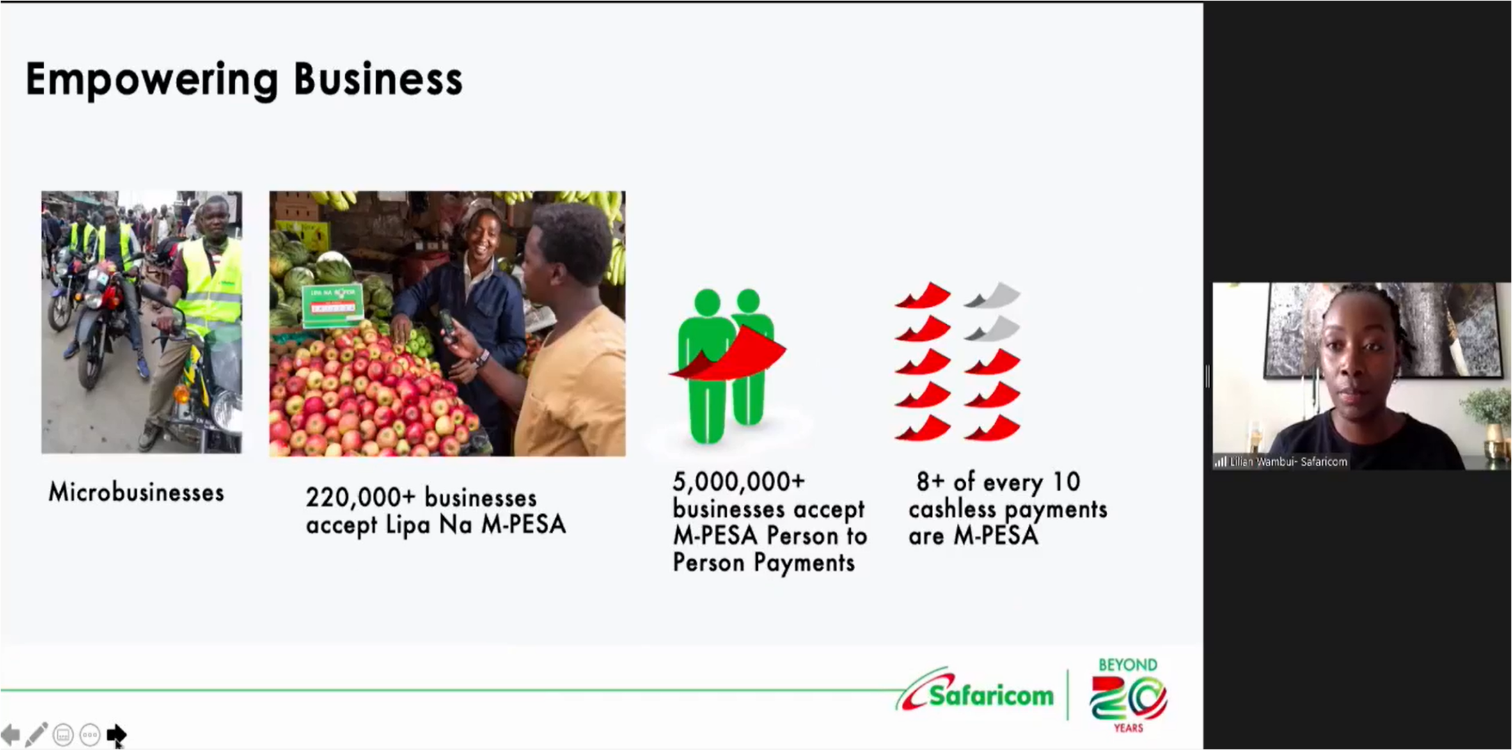[ad_1]
E-commerce sales globally amounted to $4.28 trillion in 2020. This was mainly attributed to lockdowns, social distancing, and the push to work from home, which meant no in-store purchases.
Locally, e-commerce has proliferated over the last couple of years, with multiple players entering the industry, thereby significantly disrupting the retail sector. Today, Huawei held the 6th edition of the Unitech Talk themed “The role of e-commerce in trading” The talk brought together experts from the private sector as well as the government where they highlighted the impact and opportunities e-commerce presents.
Kenya has made significant strides with regards to digitization and creating an enabling environment for businesses and trade to flourish, more so within the digital space. Additionally, the country has one of the most vibrant e-commerce ecosystems within the continent, hence showcasing significant growth potential within the region compared to other countries. Approximately 9% of Kenyans are regular e-commerce users, with the number growing with every passing day.
Locally, the evolution of e-commerce can be attributed to the steady growth of internet penetration, which currently stands at approximately 85.2%, access to mobile money with the popularity of platforms such as M-PESA, along with the growing fintech industry. All these have radically shifted the way individuals, small and medium enterprises use and move money, thereby increasingly impacting the local e-commerce sector.
Safaricom is enabling and empowering businesses with M-PESA, giving flexibility to businesses, and allowing them to run independently. Lilian Njuguna, senior manager, Safaricom, acknowledged that the M-PESA platform is further transforming access to credit. She added that in the future, M-PESA aims to be a digital lifestyle enabler and thereby serve as a backbone for e-commerce in Kenya.

With the penetration of multiple digital services, it is of utmost importance to have a population that is tech-savvy, therefore allowing them to take advantage of the opportunities presented by digitization. For that reason, provision of ICT skills and training resources to both the young and the old takes priority. It allows users to maneuver and take advantage of the digital landscape. E-commerce is one of the drivers of the growth of the local and global economy. Therefore, developing digital skills serves as an essential foundation for developing the growing sector.
Lawrence Karanja, CAS Ministry of Industrialization, Trade and Enterprise applauded Huawei for supporting government efforts to improve digital literacy by offering online lectures specifically for university students within the ICT field during the pandemic. He further added that emerging technologies go hand-in-hand with the need for capacity-building and upscaling the skills set for our vibrant youth, so that they, too, can actively contribute towards the growth of our economy.

The Kenyan government has created an enabling environment for businesses to flourish within the digital economy through investment in ICT infrastructure such as the National Optic Fibre Backbone Infrastructure. This has enhanced internet connectivity across the 47counties countrywide, enhancing government services and, ultimately, providing access to easy registration of online businesses at the click of a button.
In line with Kenya’s Vison 2030, Kenya continues to pride itself as a leader in driving financial inclusion through the use of digital finance solutions. This has been facilitated by various key players in the market such as banks, by providing intuitive digital and mobile banking platforms. With this regard, The Central Bank of Kenya recently released a draft document titled “Kenya National Payments System Vision and Strategy 2021 – 2025.” The draft aims at enhancing Kenya’s global leadership in digital payments by building a secure, resilient and collaborative payments system that powers the country’s economy.

Digital skills, e-commerce, payment and finance platforms, infrastructure and policy regulations are some of the key drivers of E-Commerce.
“Huawei continues to play an important role within this sector through collaboration with telcos, banking institutions amongst other key players in the market to develop infrastructure and contribute to some of the policies and regulations necessary for the success of the sector.”
Lee Maina, product executive Mobile Money at Huawei.
For the different platforms which serve as key drivers within the e-commerce ecosystem to thrive, there needs to be tools and knowhow. This, therefore, highlights the importance of aggregators, finance players and the provision of wallets.
“So far, this has been achieved through working with operators and banks to provide the backend services,”
he added.
Huawei is committed to cascade knowledge to the local market through various trainings and programs aimed at future entrepreneurs who will, ultimately, contribute to the growth of the economy.
[ad_2]
Source link




















